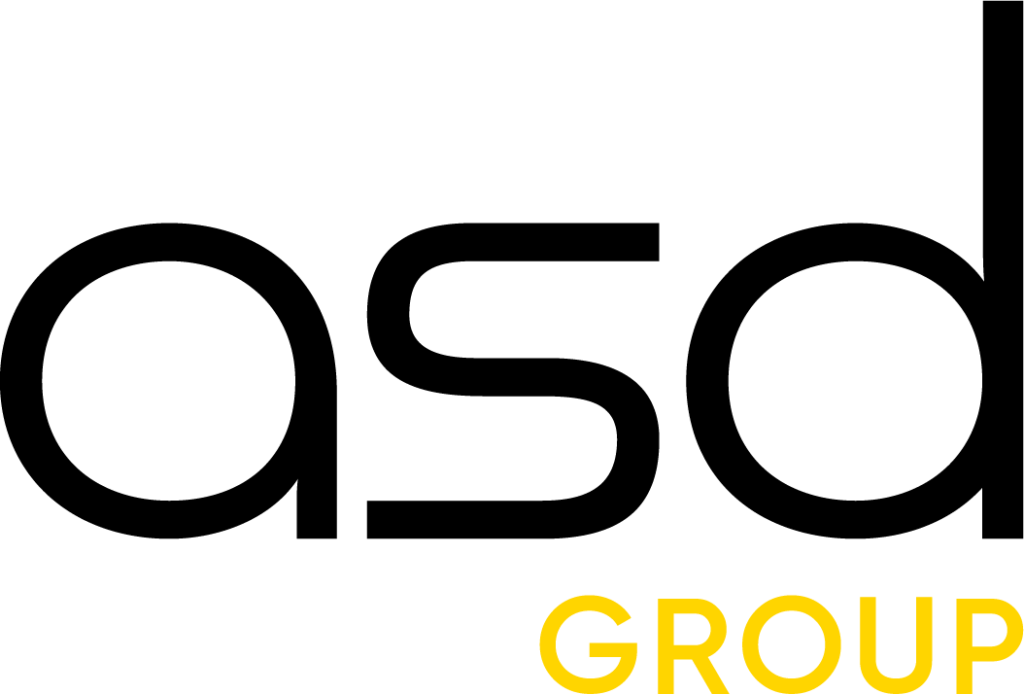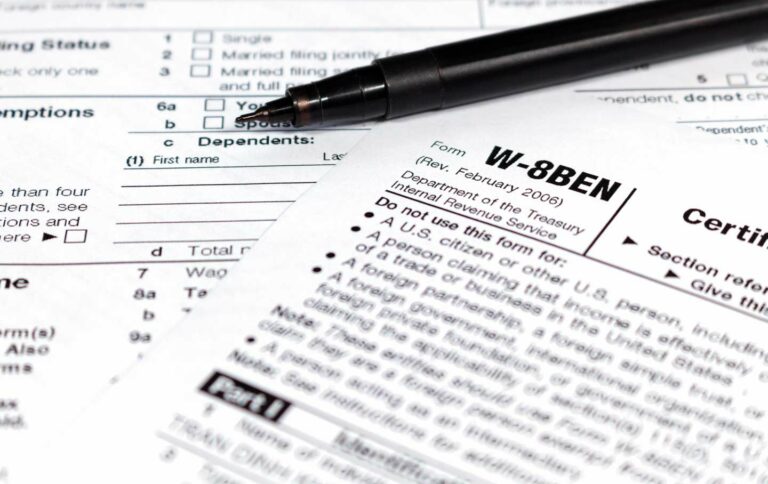As a company specialising in VAT recovery, we have tried to put together a set of key questions to ask in submitting a VAT refund request in a member State of the European Union. Below are the 12 techniques you need to know to become a VAT refund expert.
WHAT IS THE “RECOVERY OF FOREIGN VAT”?
The recovery of foreign VAT is accessible to taxpayers established in the countries of the European Union but also to businesses established in third-party countries (outside the European Union) wishing to recover their VAT in a member country.
This process can be used subject to compliance with the modalities of directive 2008/9/CE in the knowledge that specific conditions are applicable to each EU member country. This directive was implemented to facilitate trade and also to allow businesses to engage in more trade partnerships with foreign countries.
WHAT BUSINESSES MAY BE ENTITLED TO RECOVER VAT?
The following conditions enable a refund of foreign VAT to be obtained:
- The company must be subject to VAT in a European country; or it must be subject to VAT and established outside the European Union, with reciprocity agreements with the member State in which the refund request is submitted.
- The company must not be established in the country where the expenses are incurred.
- The company must not have provided taxable goods or services in the country in which the refund request is submitted.
WHAT TYPES OF EXPENSES ARE CONCERNED BY THIS REFUND?
This is a very difficult issue because the answer is dependent on the country of the request. Generally, deductible expenses must be essential to the performance of the economic activity. However, there are exceptions in some countries. For example, you can recover VAT on food expenses in France, whereas this is not the case in Belgium. Consequently, it is important to determine the category of your business expenses in order to know the rules of deductibility. Below is an overview of the various categories of expenses which may be concerned:
- Fuel
- Transport hire
- Transport expenses
- Road tolls and road taxes
- Travel expenses, such as taxi fares and shared transport costs
- Accommodation
- Food, beverage and catering services
- Entry fees to fairs and exhibitions
- Expenditure on luxuries, amusements and entertainment
- Sundry items
The category numbers must be included in the VAT refund request form. Please read our special report and our article on foreign VAT for further information on this subject.
HOW ARE EXPENSES CALCULATED IN THE CONTEXT OF A FOREIGN VAT REFUND?
The calculation method is complicated because it depends on the rate applicable to the category of expenditure. You can use our case study to make a summary table of your expenses.
WHAT ARE THE DIFFERENCES BETWEEN THE PROCEDURE OF AN EU MEMBER COUNTRY AND THAT OF A COUNTRY OUTSIDE THE EU?
The VAT refund request procedure is different depending on whether you are a company established inside the European Union or a third-party company. VAT refund requests from EU companies are defined by the 9th directive. Each company makes its refund request electronically via a single window access point at the portal of their tax authority. The request must be submitted by 30th September of year N+1.
The rules for third-party companies are laid down in the 13th directive. Requests must be forwarded to the tax department of the country concerned by 30th June of year N+1. The procedure differs from country to country. There is no shared electronic portal as in the case of the 9th directive. The European Commission has put in place practical guidelines for each member State to explain the procedures. However, it is essential to begin by making sure that a reciprocity agreement exists between your country of origin and the member State where you are submitting your request.
WHAT PROCEDURE SHOULD BE USED TO ENSURE A SWIFT VAT REFUND?
The request is now fully electronic for EU member countries thanks to the establishment of a single window. Consequently, a company may send its request directly via the service portal of the tax authority of its own country.
For example, in France this request is made on form no. 3559-SD of the Directorate General of Public Finances on the website www.impots.gouv.fr, in the subscriber space of the heading .
Of course, you will need an email address and the capacity to scan all documents.
You can also consult the document prepared by the European Commission concerning the specific procedures of each member country.
For countries outside the EU, the request can only be made by paper format and dispatched, by email to the address of the tax authority of the country in which the expenses were incurred. The procedures for these countries must be entrusted to a tax representative.
WHAT SUPPORTING DOCUMENTS NEED TO BE SUPPLIED TO THE TAX AUTHORITY?
The supporting documents for presentation are all invoices which state the amount of VAT paid, or all import documents. They must be attached electronically on submission of the request. The maximum size of the attached file is 5 Mb and if your file exceeds this limit, you must supply only the invoices for the largest amounts. The tax authority will revert to you, if necessary, if it wants to see all the invoices.
A company established in a third-party country (outside the European Union) must attach the original invoices to its request as well as a certificate proving its capacity as “liable to pay VAT” in its country of origin.
WHAT IS THE ADDRESS OF THE DEPARTMENT FOR SUBMISSION OF THE REQUEST?
Companies established in the European Union may complete the refund request exclusively via the electronic portal. Third-party companies must do so in paper format and send it to the address of the Tax Authority in force in the country in which the company will seek the VAT refund. The address in France is as follows:
Service de Remboursement de la TVA, 10 rue du Centre, TSA 60015, 93465 – NOISY-LE-GRAND CEDEX
For information on the other member countries, please refer to the document prepared by the European Commission.
CAN THESE PROCEDURES BE SUBCONTRACTED TO A THIRD-PARTY DECLARANT?
Yes, it is perfectly possible to use a tax agent or representative to subcontract these administrative procedures. Qualified professionals can, by means of a mandate, handle the whole refund request process:
- Analysis of expenses and assessment of the amount that can be recovered
- Verification of the receipts
- Preparation and submission of the dossier
- Follow-up of the file with the local administration
Companies established outside the European Union, however, are required to appoint a tax representative to handle the formalities related to the recovery of foreign VAT.
This service is offered by ASD; for further information please consult our dedicated page or contact us via our contact form.
WHAT PROCESS IS USED TO VALIDATE THE FOREIGN VAT RECOVERY REQUEST?
Refund requests in the different member countries of the EU are considered quarterly or annually. This means that any request must be made at the end of either a 3-month period or a calendar year.
The country concerned then has 4 months with effect from receipt of the file to notify the applicant of its decision. This period may be extended by two months if other documents are required for the validation of the request dossier.
WHEN SHOULD I EXPECT TO RECEIVE A REFUND OF MY FOREIGN VAT?
This may vary depending on the dossier filed by the company, but as a general rule, once the dossier has been validated, the period for obtaining a refund is 10 working days. If the tax authority fails to comply, the applicant may be awarded interest as compensation for the delay.
What happens if the dossier is rejected? What reasons could there be for this?
Normally a company will receive notification of “rejection” of the dossier. It will then be necessary to examine the reason for this refusal and submit the complete dossier again. The letter from the authority always states the reason for the refusal, such as:
- Directive error (6th, 9th, 13th)
- Missed request submission deadline
- Invoice prepared in another name or company name
- Invalid VAT number
- Invoice not stating VAT rate and/or VAT amount
- Non-compliant import document
ASD can, of course, assist you in this procedure and ensure the validation of your dossier for the refund of your foreign VAT.
It is important to be aware that there are minimum refund thresholds of 400 euros for a request based on a period of three months and 50 euros for a request relating to a calendar year. If the dossier includes thresholds below these amounts, it will be rejected. (These amounts may differ from country to country).
You now have all the key information for the recovery of your foreign VAT. If you need to engage a third-party declarant to deal with your VAT refund requests, contact us; we can recover your VAT in the 28 member countries of the European Union.




